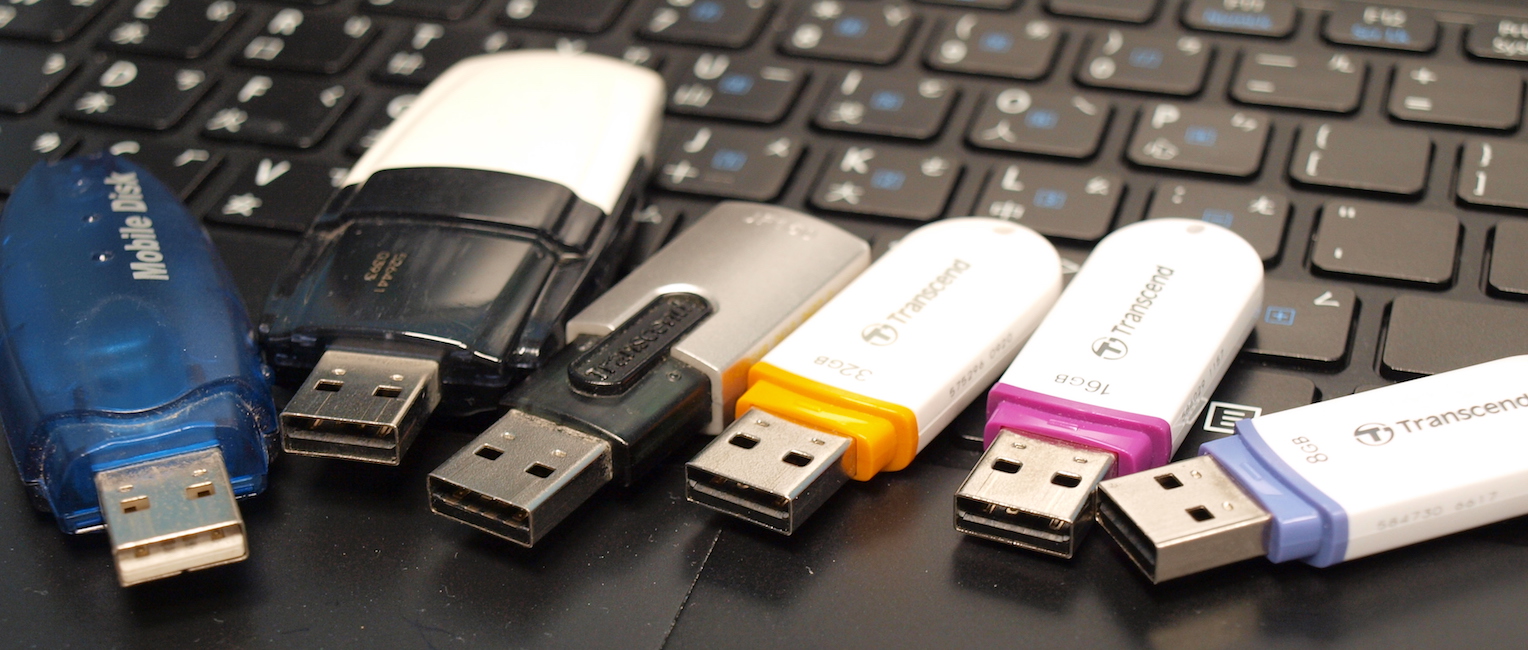Doing good data: starting out by taking stock.
5
minute read
Quick link to our open access survey where you can tell us about your own data practice and help shape what happens next!
Digital tools allow nonprofits and civil society actors to collect, store, and process more and more data as part of their day to day work. Often that data is sensitive and leaks or misuse of the information could cause the subjects harm. Civil society organizations, many of whom don’t count data and technology as part of their core mission, have new obligations to protect and responsibly handle client information, and new risks, as the interaction between data and societal challenges creates new potential harms for vulnerable groups.
At the same time, national and local laws, while often out of step with the pace of change, are rapidly advancing, as courts and governments try to understand and regulate these new fields. Many civil society organizations are simply unprepared to deal with this growing area of liability, and few monitor developments as they happen. In any case, they occur across so many areas of the law - contracts, data protection, health, communications - that it would be hard for anyone to keep up.

Credit: gtwang.com
At SIMLab, we’ve seen this problem manifest in real time. Many of our clients, no matter the size and location of their programs, struggle with understanding how their activities and the way they manage data might put staff and clients at risk. Even those whose role is to advise on gathering information, such as experts in monitoring and evaluation, may not know how to advise their partners about responsible data management practices. Despite the scholarship being produced in this field, we’ve heard a need for more practical guidance, particularly from organizations for whom data is not a core part of their mission.
Resources must be simpler to be usable for busy practitioners
While there is a developing field of resources to help summarize data risks and ethics, our partners tell us that these tools must be even simpler if they are to help them be compliant and ethical, alongside many competing priorities. Much of the existing work focusses on ‘big data’ projects and solutions - with data exhaust from existing government projects, other large datasets, and their use and handling. Few deal with projects of the size and scope of most that we encounter at SIMLab - delivering services to fewer than 1 million people at a time, researching the behavior of communities and sub-groups, gathering monitoring data or bank account information in order to assess or deliver help. Even fewer address the critical legal issues that arise here, particularly for international work.
So let’s start by asking the experts - the practitioners - what they need
No-one knows the daily challenges of managing information on the front lines of civil society like practitioners themselves. In 2017, we are working with the Good Data Collaborative, a consortium funded by Stanford’s Philanthropy and Civil Society team, and including The Engine Room, the Center for Democracy and Technology, and the Future of Privacy Forum, to understand how this looks at the coal face, and work back from there. We’re seeking to understand how organizations manage data; how it’s stored, sent around, retained, deleted, and discussed around tables all over the world. We are carrying out interviews this month with thirty or so practitioners, policy people, and donors from all over the world, and we will shortly share an open-access survey to gather views from others.
What we’ll do next
Meanwhile, our colleagues at CDT and FPF are starting by reviewing the existing literature, and looking at existing tools, to make sure we don’t reinvent the wheel. The Engine Room are conducting user experience research on their site, responsibledata.io, to see how they can make it more usable.
Once we’ve done all that, we’ll report back, and develop prototype tools for people to experiment with and feed back on. Over time, we hope to continue to develop these tools and, hopefully, make it easier for organizations anywhere to understand the basics, learn their options, identify where they need more help, and start the process of accessing that help. Using an improved version of Friendly, a prototype tool SIMLab developed that helps users assemble their own question-and-answer / document builder applications without using code, we want to create a system which helps practitioners identify where they are and where they’d like to be, and generate tools and policies to help them bridge the gap.
Our goal for this toolkit is not to provide every answer, but to help nonprofit and civil society actors uncover and ask the questions that most impact their work. The toolkit can then be the foundation for developing organizational policies, engaging with specialists, using data for research, and developing an ongoing, transparent conversation about data-related ethics and risks.
Here’s our open-access survey, where you can tell us about your own data practice and help shape what happens next. If you want to find out more, get in touch!
__
SIMLab is closing in early 2018. We’re behind on staff salaries, and some bills. If you liked what we did, or ever used our resources, please donate to help us close as gracefully as possible. Hire our team! And keep working with us until we close - we’re still consulting! Get in touch and find out how we can help make technology part of what you do.